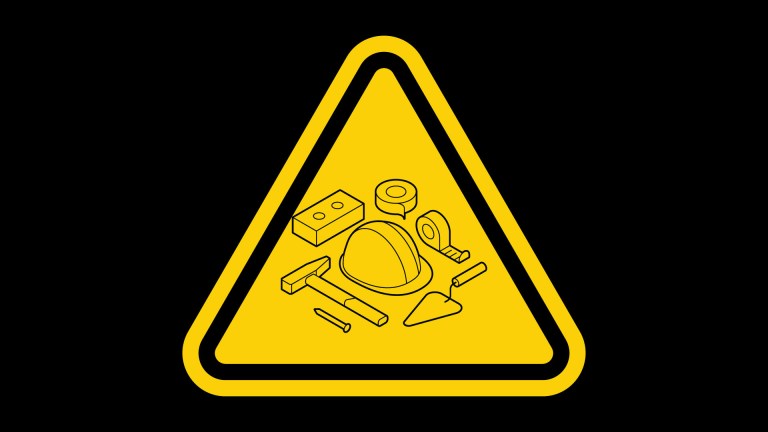“Covid has shone a spotlight on inequalities and especially those within our labour market” believes O’Grady.
“It’s not just women who’ve suffered. We’ve seen beyond any doubt the price that our Black and ethnic minority workers have paid during this crisis. They are more likely to be in low-paid, insecure jobs, with fewer rights and a greater risk of being exposed to, and dying from, coronavirus. Ministers must tackle the structural racism that exists within our economy once and for all.
“As a bare minimum starting point, we want the government to introduce mandatory ethnicity pay gap reporting and make employers publish action plans to ensure fair treatment for Black and ethnic minority workers in the workplace.”
Companies are already obliged to report their gender pay gap, and early signs are that it has widened since the pandemic began. April 5 is the usual deadline but enforcement action for failure to report has been pushed back by six months this year.
Nevertheless, of the just over 1,700 companies that have already reported, over a third have a larger median pay gap than last year, with it widening every year since 2018, according to analysis by The Times newspaper.
Advertising helps fund Big Issue’s mission to end poverty
This is despite the figures being distorted because wages for those on furlough, many of whom are the lowest paid women, are not included.
A gender pay gap, or a reduction in earnings to take on care work, has a knock on effect for decades because women have to reduce the amount they save, invest or put into their pension, missing out on years of compounding interest and tax-relief.
This is exacerbated by “an intrinsically biased UK pension system”, according to Barnett Waddingham, the professional services consultancy, which analysed the savings habits of 35,000 members of seven different pension schemes, and found a stark disparity between men and women’s retirement prospects.
Its findings show the gender pension gap begins to diverge most clearly after the age of 32, with men contributing up to £1,500 a year more into their pension than women, despite contributing the same percentage of their salary. Career breaks can lead women to have 10 per cent less in their pension savings at retirement.
There is also concern that the pandemic is causing women to fall out of company pension schemes at a faster rate, with three times more women than men earning less than £10,000.
All workers earning more than £10,000 are automatically enrolled into a workplace pension, which is topped up by employers.
Advertising helps fund Big Issue’s mission to end poverty
As we start to ‘build back better’, women’s financial futures must be a core part of our agenda.Amanda Latham, policy and strategy lead at Barnett Waddingham
Over the past year more salaries have fallen below £10,000 or people have been forced to take on several low paid roles at different companies, meaning they are not put into a pension.
Research by NOW: pensions found that 43 per cent of single mothers, around 400,000 women, are excluded from auto-enrolment, up from 31 per cent before the pandemic.
You can ask to join a workplace pension, even if your income is below £10,000, to receive employer contributions. If you can afford to, you should also top up any pension during a period of time off, for care responsibilities, or maternity leave for example.Your partner or family member can also top up your pension.
Amanda Latham, policy and strategy lead at Barnett Waddingham, says: “This year has reinforced the fact that progress can move backwards as well as forwards.
“As we start to ‘build back better’, women’s financial futures must be a core part of our agenda.”
“For employers that means addressing the gender pay gap, setting higher default contribution levels for auto-enrolment, improving pay and benefits during and after career breaks, and introducing more targeted financial education. At a policy level, we must consider whether the auto-enrolment rules are fit for purpose, review the state pension provision and introduce more beneficial policies for those taking time out from the workplace to look after children and the elderly.”
Advertising helps fund Big Issue’s mission to end poverty
The Big Issue is offering free training and job search help to anyone who needs it with our new RORA Jobs and Training Toolkit. Sign up to receive a free three-month digital subscription to The Big Issue, access to dozens of free or discounted online training courses and the ability to search hundreds of thousands of jobs.
If you are out of work or worried about work and looking for immediate, practical advice call The Big Issue Jobs helpline on 0204 534 2810.
Career tips and advice from our Jobs and Training series:










